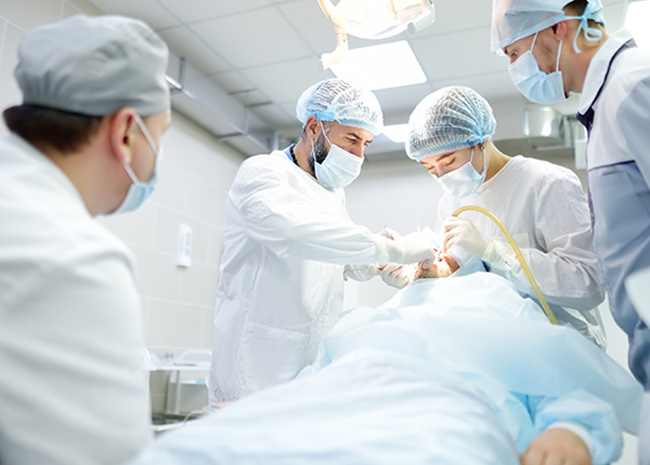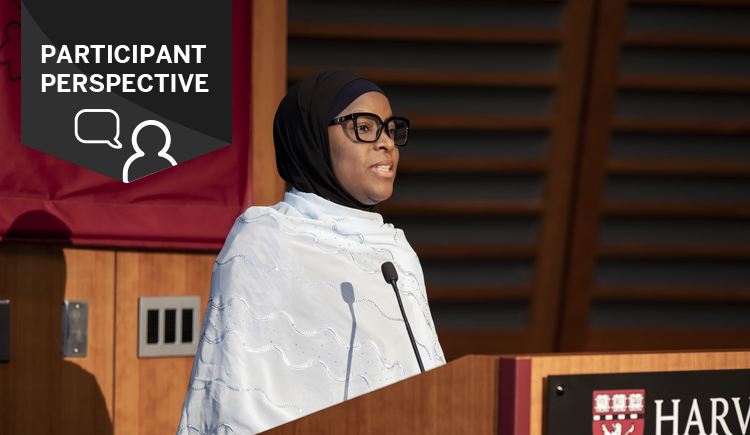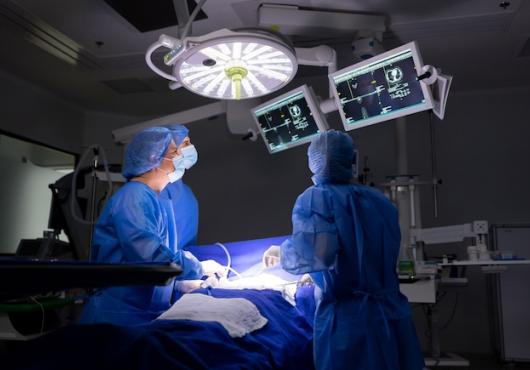
Harvard Medical School’s new Continuing Education course, Moderate Procedural Sedation, reviews the current knowledge and practice for moderate sedation for procedures on adults and children. Participants will be able to experience hands-on teaching from experts focused on basic and advanced airway techniques to rescue a sedated patient.
We interviewed course director Philip E. Hess, MD, to gain an understanding of what this new course will cover and what learners will gain from the learning opportunity.
Insights on Moderate Procedural Sedation from Dr. Hess
Over time, medicine has become very expensive and there are important measures we can take to reduce the cost of procedures. Providing anesthesia for many procedures can be highly expensive, so many organizations are moving towards using moderate sedation. There are a handful of other moderate procedural sedation courses available and since it is becoming a more regular procedure, it is important that it can be taught. The course is designed to expose the learner to various ways of learning, lectures will be on the shorter side, with interactive periods where the group can talk through problems and discuss with one another. A hands-on component will be able to provide learners the opportunity to apply what they have been taught.
Anyone who performs moderate sedation within an office or hospital would benefit from the course, as it will cover unique circumstances of complex patients and other areas that may not be learned normally otherwise. The course will be highly applicable to both physicians who order sedation for procedures and nurses who take care of sedated patients. There are a lot of situations that sometimes challenge medical professionals along the way, and this will be a great opportunity for learners to hear experiences from experts and each other.
The program is being taught in person over the course of one day. There will be a lot of hands-on learning and opportunities to ask questions. Even an experienced medical professional will be able to gain something due to the breadth of knowledge and experience that the faculty and other learners will bring to this learning opportunity. It will be a very intensive and complete learning experience.
About Dr. Philip Hess
Philip Hess, MD, is an anesthesiologist and the vice chair of anesthesia at the Beth Israel Deaconess Medical Center. He ran the outpatient side of anesthesia for close to a decade, where he gained a lot of knowledge and insight into sedation and sedation procedures. He started the service for anesthesia for gastroenterology. He has also previously taught a course on moderate sedation for gynecologists performing office-based sedation for some procedures.


